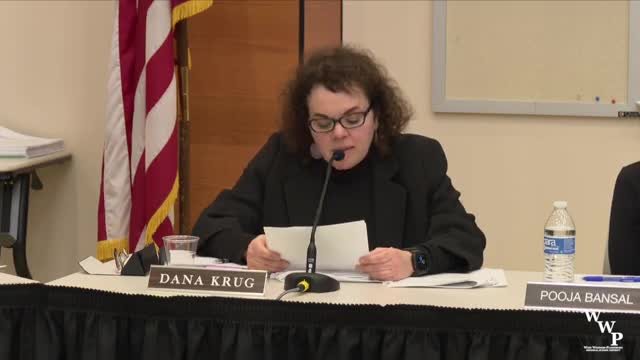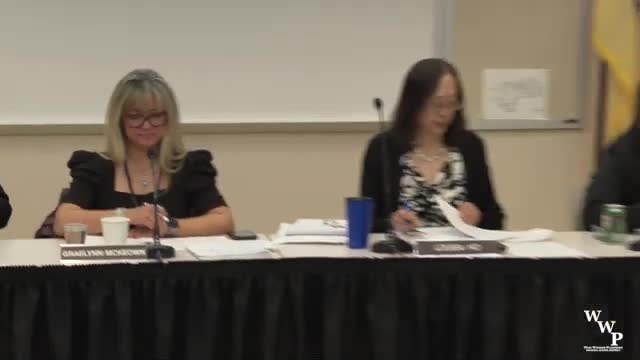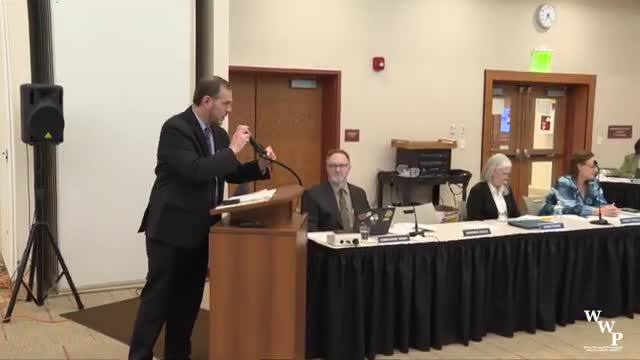Article not found
This article is no longer available. But don't worry—we've gathered other articles that discuss the same topic.

Votes at a glance: West Windsor‑Plainsboro board approves preliminary budget, DEI statement and routine items

High School North, South students report spring sports, clubs and academic trips

West Windsor‑Plainsboro board adopts statement supporting diversity, equity and inclusivity

